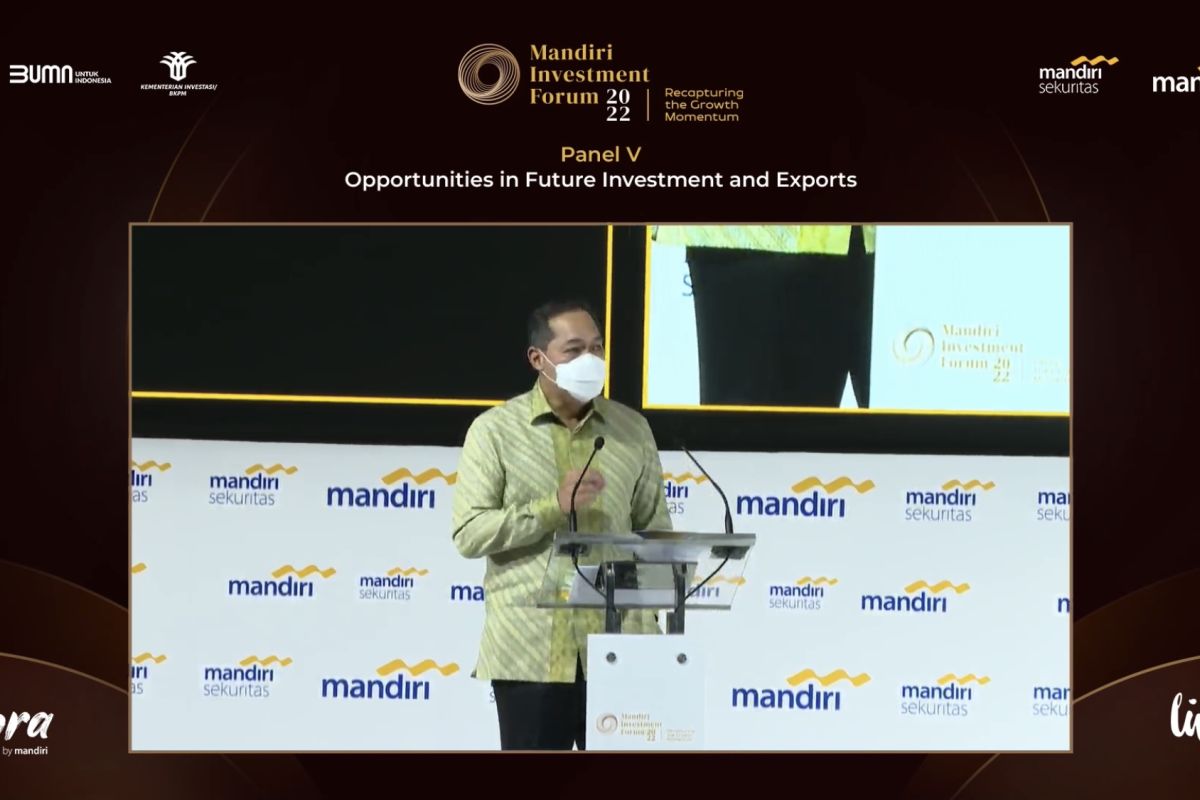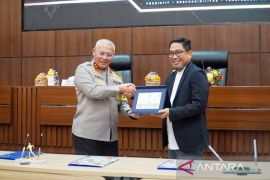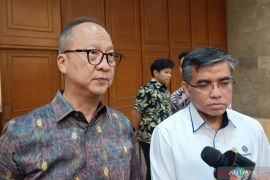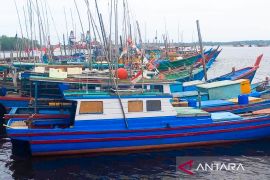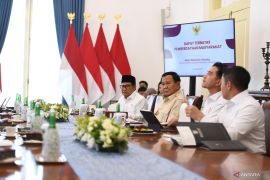Jakarta (ANTARA) - Consistent downstreaming will help strengthen the exports of industrially processed goods and reduce the dominance of oil and gas exports, Trade Minister Muhammad Lutfi has said.
"We export 76.49 percent of industry-processed products. This will be bigger in the future as oil and gas (goods) would be reduced in proportion," the minister said at the Mandiri Investment Forum here on Wednesday.
In the category of industrially processed products, electronics, steel, and automotives are currently Indonesia's top exports, he noted.
Indonesia has the potential to be a country that has power in the iron and steel processing industry, he added.
"When I was leaving BKPM (the Investment Coordinating Board), we were still negotiating to export iron and steel worth US$2 billion. At that time, there was an attempt to downstream nickel," Lutfi said.
He also lauded the entry of Indonesian steel and iron commodities into the Chinese market. This means they can also reach other countries such as those in Europe and Africa, he explained.
Therefore, Indonesia needs to have a great trade agreement that allows it to sell steel products, he said.
Related news: Indonesia is pushing for industrial downstreaming
Meanwhile, another reliable industry-processed product is Crude Palm Oil (CPO), which is often sought by China and even Europe, Lutfi noted.
He also highlighted that 18.3 percent of Indonesia's electronics exports go to Singapore, which is believed to be only a transit country. From Singapore, electronics are exported again to other countries, he said.
Indonesia is focusing on exporting industrially processed products to increase the added value of exports, he added.
"We are applying the stages of conversion, this has happened and we have achieved success," Lutfi said.
Furthermore, Indonesia is aiming to export refined nickel products as well as process bauxite into alumina and aluminum ingots, he added.
Related news: SOEs committed to expediting coal downstreaming: minister
Related news: Palm oil downstreaming to increase added value of exports: minister


